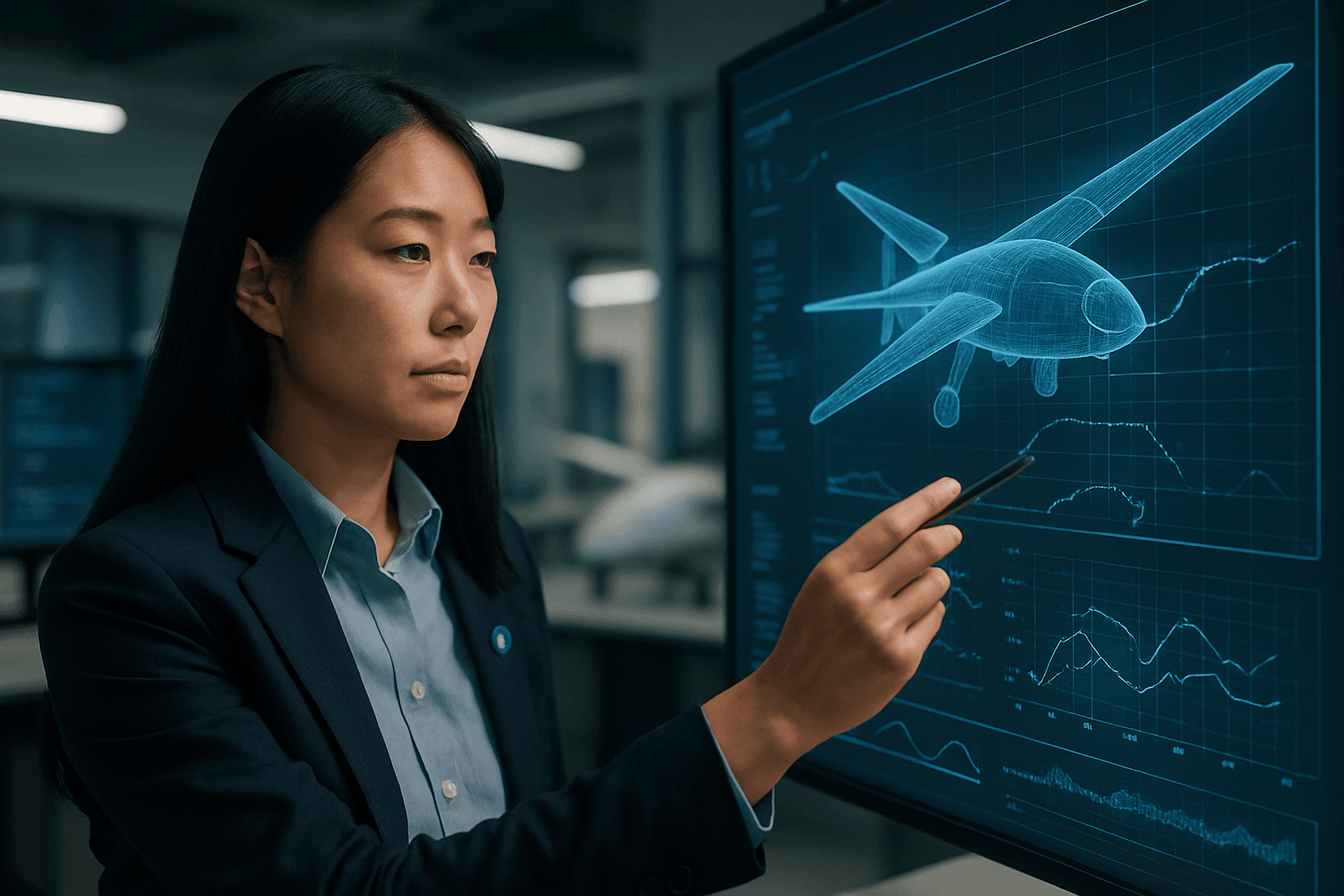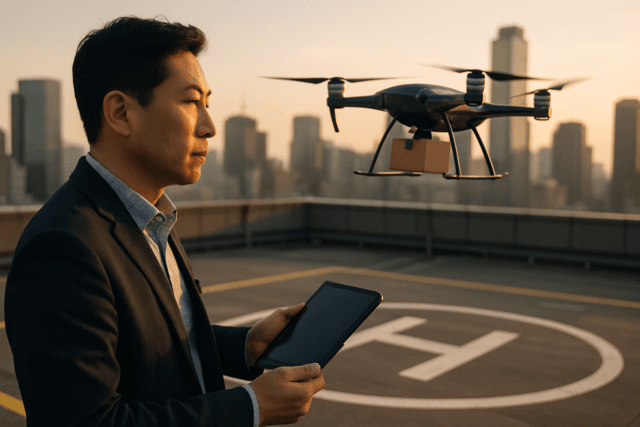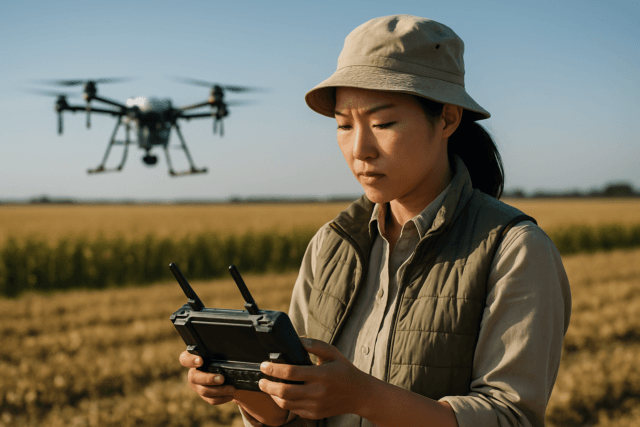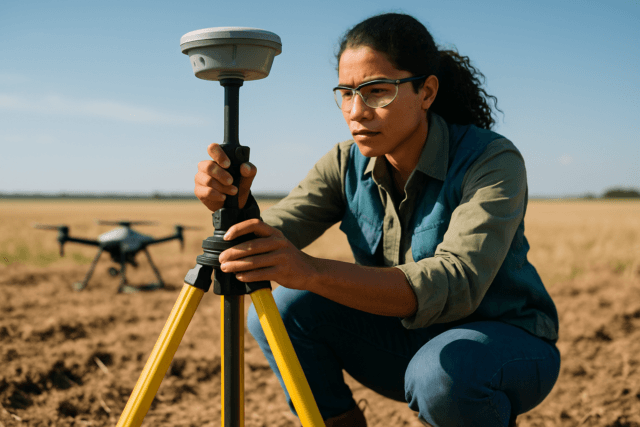Katwijk, Netherlands / Zurich, Switzerland – August 6, 2025 – Destinus Group BV, a European leader in advanced flight systems, has announced a binding agreement to acquire Daedalean AG, a prominent Zurich-based company specializing in aviation AI solutions. The acquisition, valued at CHF 180 million (approximately USD 225 million) in a combined cash-and-stock transaction, is expected to close by the end of 2025 and is set to significantly enhance Destinus’s capabilities in the burgeoning field of AI-driven unmanned flight.
Strategic Integration of Pioneering AI Capabilities
The strategic move is poised to integrate Daedalean’s cutting-edge artificial intelligence into Destinus’s core products, bolstering the latter’s technological strength and accelerating the development of smarter, more autonomous operations for unmanned aerial vehicles (UAVs). This acquisition is seen as pivotal for Destinus’s strategy to broaden its AI solutions for unmanned flight systems across both civil and defense markets, strengthening its market position.
Daedalean, founded in 2016, has established itself as a pioneer in certifiable, trustworthy, and reliable AI-based avionics systems. Their expertise lies in creating safety-critical AI avionics software that enables AI-assisted piloting, environmental awareness, and navigation, particularly in Global Navigation Satellite System (GNSS)-denied environments. The company’s solutions are designed to identify aerial objects, navigate without GPS, and facilitate safe landings without ground infrastructure.
Tim Moser, Co-founder and CTO of Destinus, emphasized that the acquisition will add world-class AI expertise and deep-learning specialists to their team. He stated that integrating Daedalean’s innovative solutions and exceptional team will accelerate Destinus’s strategy to develop, certify, and launch intelligent UAV systems for defense and civil markets.
Enhancing Autonomy and Operational Effectiveness
The AI solutions developed by Daedalean are expected to significantly enhance the effectiveness of human operators and support decision-making in managing flight systems and drone swarms. These advancements are designed to improve tactical insight and substantially boost mission adaptability, resilience, and operational effectiveness. Bas Gouverneur, CEO of Daedalean, echoed this sentiment, noting that joining Destinus is a logical next step following their successful collaboration. He anticipates that together, they will deliver innovative AI-driven autonomy, swarm intelligence, and sophisticated decision-making tools to market faster, making flight safer, more resilient, and operationally flexible.
Daedalean brings a highly skilled workforce to Destinus, including over 150 specialists, 13 of whom hold PhDs with deep expertise in AI, machine learning, and avionics. This integration is anticipated to lead to quicker product development cycles by combining Destinus’s aerospace engineering and manufacturing strengths with Daedalean’s software proficiency, creating a vertically integrated platform.
Company Backgrounds and Market Impact
Netherlands-based Destinus Group BV, founded in 2021 by Mikhail Kokorich, initially focused on developing hypersonic aircraft, including hydrogen-powered models. The company has since expanded its focus to include autonomous drones for both civil and defense sectors. With over 500 employees and operations across Germany, Switzerland, France, the UK, Spain, and Ukraine, Destinus has become a significant European manufacturer of unmanned aerial vehicles. The company emphasizes a holistic approach to aviation innovation, covering system design, airframes, turbojet engines, flight software, and AI.
Daedalean, headquartered in Zurich, Switzerland, with additional offices in Riga and Phoenix, was founded in 2016. It has been a developer of airborne systems for flight autonomy, raising approximately $69.8 million in funding from investors including Honeywell. The company’s historical focus has been on autonomous piloting software, aiming to revolutionize air travel through AI and computer vision technologies.
This acquisition marks one of the largest deals in the autonomous flight and aviation AI sectors, reflecting a broader industry trend of vertical integration aimed at consolidating specialized technologies. The merger is expected to accelerate product development, reduce time-to-market, and strengthen global competitiveness, particularly as the unmanned aerial systems industry experiences rapid economic and technological transformation.





